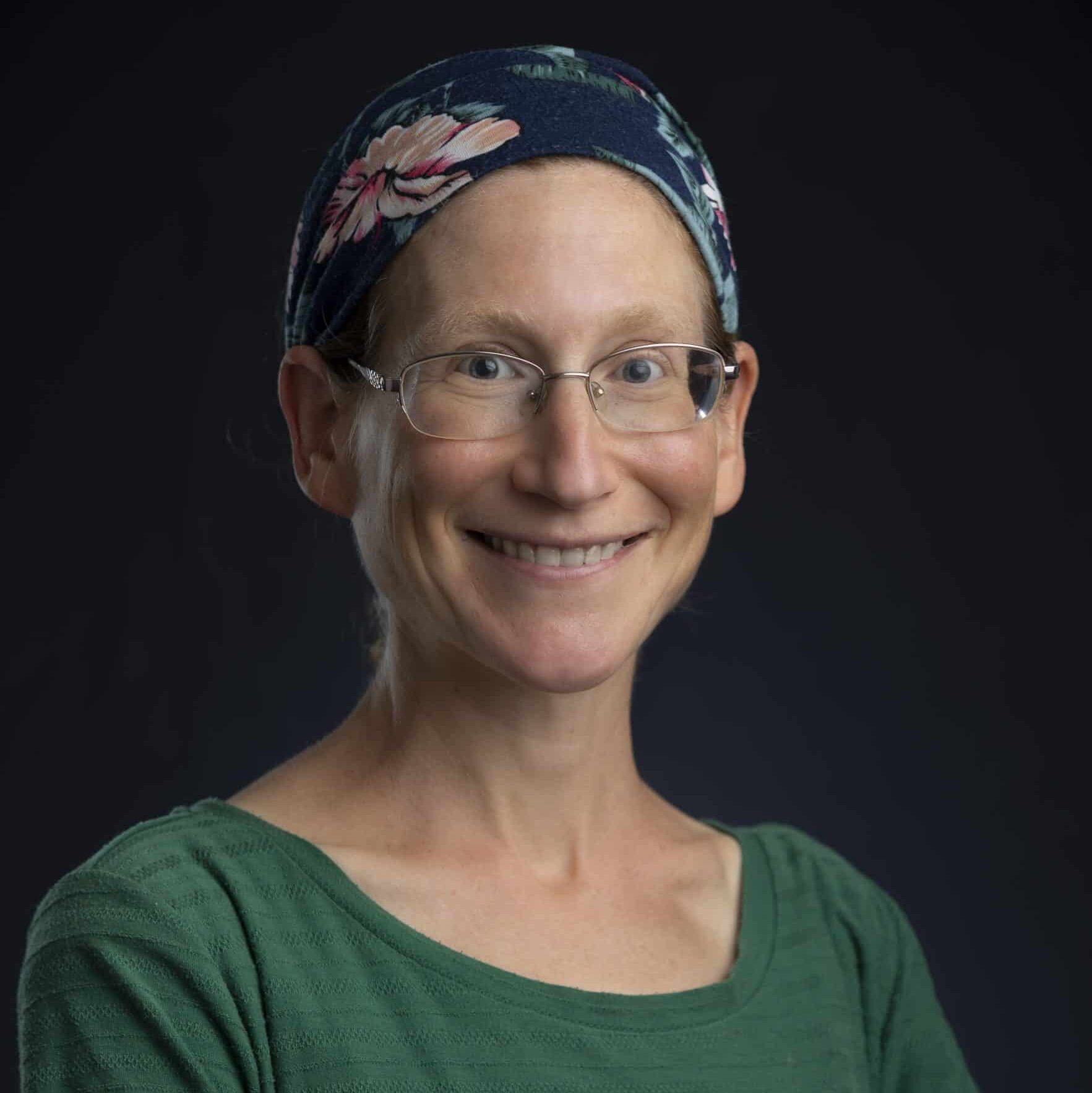Parashat Nitzavim, which we read just before Rosh Hashanah, speaks of the importance of repenting and returning to God after we have sinned.
Repentance and Returning
Immediately after the description of returning to God, Moshe tells the people, “For this commandment which I have given you today is not too baffling for you, nor is it beyond reach. It is not in the heavens that you should say, ‘Who among us can go up to the heavens and get it for us…’ nor is it beyond the sea.”
Rather, says Moshe, it “is very close to you, in your mouth and in your heart, to do it” (Deuteronomy 30:11-14). These verses are so poetic and inspiring that we might overlook how cryptic they are.
What is the nature of this commandment that is neither baffling nor beyond reach, but rather close in our hearts?
Both the Ramban and Seforno base their answer to this question on the proximate context in which these verses appear.
Moshe has just told the people that they will return to God and resume a life of following in God’s ways. And so these medieval commentators understand “this commandment” which is not in the heavens to be a reference to repentance.
What does it mean for repentance to be “not in the heavens” and “not beyond the sea” but rather “very close” to us?
In the TalmudReferring to one of two collections, the Jerusalem and Babylonian Talmuds, edited in the 6th century, that contains hundreds of years of commentary, discussion, and exploration of the ideas in the Mishnah. One could describe it as Mishnah + Gemara = Talmud Read more, a story about the repentance of a wayward rabbi sheds light on this question, helping us to understand how we can take responsibility for the spiritual work incumbent upon as at this time of year.
In tractate AvodahOriginally understood as Temple service, but expanded to mean any service to God.
Related to: gemilut hasadim. See Pirkei Avot 1:2 Read more Zarah (17a), the Talmud introduces us to a little-known figure, Rabbi Elazar ben Dordaya, who does not behave like a rabbi at all; he focuses his energies on trying to sleep with every prostitute in the world. This rabbi can never sit still, but travels far to the cities overseas to pursue his obsession.
We might say, invoking our parashah, that Rabbi Elazar is convinced that what he most fervently desires in life is to be found far away, “beyond the sea,” and that he needs to travel the world to access it.
The Talmud relates that on one occasion, Rabbi Elazar hears about a certain prostitute overseas who charges a hefty fee for her services.
Undaunted, he takes a purse full of coins and travels across seven rivers to reach her. The prostitute is exotic and remote, and since he is a rabbi, she probably ought to be the furthest thing from his thoughts.
But Rabbi Elazar is determined to gain access.
The story then takes a rather off-color turn. The Talmud recounts that while they are engaged in the act, she passes wind. Presumably her flatulence deflates the magic of the moment, because the prostitute then turns to Rabbi Elazar and makes a pronouncement that seems to seal his fate: “Just as this passed wind will not return to its place, so too Elazar ben Dordaya will not be accepted in repentance.”
The prostitute tells Rabbi Elazar that on account of his runaway sexual appetites, he has crossed a line. He will never be able to return to God.
Rabbi Elazar, who is used to traveling far and wide to get what he wants, looks far and wide for a solution to his problem—how can he mend his ways and return to God?
He sits between two mountains, again defining himself in relation to that which is remote and far-reaching. “Mountains and hills, pray for mercy on my behalf,” he pleads, but the mountains and hills refuse, insisting that first they will plead on their own behalf. “Heaven and earth, pray for mercy on my behalf,” he entreats, but the heaven and earth refuse as well. He then appeals to the sun and moon, and then to the stars and constellations, all to no avail. Finally Rabbi Elazar ben Dordaya places his head between his knees. He cannot rely on the lofty mountains around him—his knees are now the mountains, and nothing outside him is going to intercede on his behalf.
“Clearly the matter depends on me alone,” he realizes. He cries until his soul leaves his body. Repentance has come too late for this world, but a divine voice pronounces that he is destined for the World to Come.
Rabbi Elazar ben Dordaya has to accept that he is not going to be able to change his ways by appealing to anything beyond himself.
After spending his whole life pursuing prostitutes to the furthest reaches of the sea, he has to change course. He cannot appeal to the heavens or to the constellations, because what he is seeking is to be found only within himself. To invoke the words of our parashah, “It is not in the heavens”; rather, the only way to repent is to recognize that the power to change ourselves lies “very close to you, in your mouth and in your heart, to do it.”
Or, as Rabbi Elazar ben Dordaya puts it, clearly the matter depends on us alone.
At the time of year when our tradition calls upon us to mend our ways and to conduct ourselves more appropriately, there is always the temptation to look outward rather than inward. Perhaps we blame someone else, waiting for them to apologize to us first, rather than engaging in our own spiritual work. Perhaps we tell ourselves that we’ll wait for circumstances to change—for the stars and constellations to re-align in our favor.
But as we learn from Rabbi Elazar ben Dordaya, the work of repentance depends on us alone.
As Lori Gottlieb writes in her bestselling book about the workings of psychotherapy, Maybe You Should Talk to Someone, “At some point, being a fulfilled adult means taking responsibility for the course of your own life and accepting the fact that now you’re in charge of your choices.”
We have to take responsibility for who we have been, and only then can we transform whom we will become.
This is not easy work, but it also does not lie beyond our reach. It is the work of our mouths and the work of our hearts in this season of repentance and return.
See more: Parashat Nitzavim
Originally posted as part of the Conservative Yeshiva at the Fuchsberg Jerusalem Center’s Torah Sparks. Support TorahRefers to the first five books of the Hebrew Bible, the Tanakh, also called the Five Books of Moses, Pentateuch or the Hebrew equivalent, Humash. This is also called the Written Torah. The term may also refer to teachings that expound on Jewish tradition. Read more learning from the Fuchsberg Jerusalem Center/Conservative Yeshiva for leaders and seekers around the world here.
Authors
-

Ilana Kurshan teaches Talmud at the CY. She is the author of If All the Seas Were Ink (St. Martin’s Press, 2017) and Why is This Night Different From All Other Nights (Schocken, 2005). She has a degree in History of Science from Harvard and in English literature from Cambridge, and has worked in literary publishing both in New York and in Jerusalem – as a translator, a foreign rights agent, and as the Books Editor of Lilith Magazine. Since October 2020, Ilana has been a regular contributor to Torah Sparks, FJC’s weekly parashat hashavuah blog.
View all posts -



The Fuchsberg Jerusalem Center (FJC) is a home in the heart of Jerusalem where leaders and seekers can find an authentic place in Jewish tradition to call their own. FJC offers opportunities to study, pray and explore within an egalitarian and inclusive setting, creating multiple pathways for finding personal and communal meaning.
View all posts






